Justin Tranter, 36, cut his teeth as a music student at Berklee College of Music, the school for people who want a career in the music industry.
"It's great to learn all the basics while you're trying to figure out what kind of artist you are," he said. At Berklee, Tranter met three other creative misfits and together they became Semi Precious Weapons, the Lady Gaga-approved glam rock band with a solid fan base. Recently, though, Tranter has wiped off the mascara and packed away the six-inch heels and found success as the hottest songwriter in the industry.
Frequently collaborating with co-writer Julia Michaels, Justin Tranter has been the queer voice behind all your favorite pop songs: "Sorry" by Justin Bieber, "Hands to Myself" by Selena Gomez, "Used to Love You" by Gwen Stefani, "Close" by Nick Jonas, just to lay a few of his receipts on the table. Tranter's most recent project is penning six tracks on Britney Spears's epic ninth studio album Glory, out now on RCA.
We grabbed Justin before he set off for a studio session with "a very fabulous, iconic diva and I can't say who." It's obviously Beyonce, right? We chatted about Pulse, queerness, the music industry, and how his punk attitude inspires everything he does.
Out: You've worked with and made hits for pretty much everyone--Britney Spears, Kelly Clarkson, Gwen Stefani, Justin Bieber. Do you ever step back and pinch yourself, like, "Wow, is this happening?"
Justin Tranter: It's really surreal. I get so caught up in the hustle and the work of it that every now and then I like to just sit there and listen to all the stuff I've done with all these amazing artists. Playing the unreleased stuff for some of my friends is such a great moment. It's like, "Oh, fuck, this is happening." It's really amazing.
One thing I love about what you're doing is the way you bring politics and queerness to pop music. What does it mean for you to be able to have that perspective in your songwriting?
It's interesting how bro-y the music business is. Behind the scenes in the writing and producing world there's very few women, very, very few queer people and especially openly queer people. I'm fortunate enough to have such an amazing family that I came out when I was 14 years old in 1994 knowing I was going to be safe. And I try to pay respect to the privilege of safety that my family gave me. Even though there were times in public school that were really horrible, I always felt safe at home. I try to pay respect to that safety and make sure that I live my life as out and as proud as possible.
A lot of what I do now is helping people tell their story. But to be good at that, honestly you always have to find a way to connect to it yourself. Of course, my life is a very queer life, and all of the personal experiences I'm bringing to the table are always proudly queer. I can listen to a song written 100 percent by a straight person and love it. The rest of the world can listen to a song co-written by a queer person and love it. That to me is an act of activism. And on top of that I always try to give back to the community every time I can through music, through money, through time, just to make everything as positive and as queer as possible.
One example of that is "Hands - A Song for Orlando," which you co-wrote as a response to the Pulse nightclub shooting in Orlando. Where were you when you got the news that a queer space was under attack?
I was in Miami. Me and (my co-writing partner) Julia Michaels were on tour writing with Selena Gomez and we were in Orlando the night before the attack. My family goes to Orlando every year, and Orlando is still a destination for us. I've been to Pulse a minimum of five times if not way more. Not only is it a queer space but a queer space that I've been to many times. It was such a total mind fuck. I was horrified and scared, just like everybody else was. I texted Selena and Julia and said, "Hey, I love you, but I need to go to Orlando to do anything I can to help. I have to go do something." I volunteered at the LGBT Center there, but also met with everybody with GLAAD to come up with the single.
It's great that you're so embedded in the music industry and yet super committed to and vocal about queer politics.
I was lucky enough to be one of the queer people who has fought their way through a very, very straight business. People don't realize how straight and somewhat homophobic the music business is because when it comes to pop music it's such a queer thing.
Do you have any ideas about why it's so straight?
In all of the entertainment fields, the representation of queer people and women is just so low. Of course we have all these female pop stars, but for the most part the people collaborating to make that music on the creative, songwriting, production, and executive sides are much more male-dominated. I've heard the word "faggot" thrown around in multiple sessions--it's a total boys' club. There's a lot of artists in this business who have been so supportive of me from the get go, and there are some that have not been supportive. I was very lucky that once I made the switch from artist to songwriter there were a lot of people who were willing to listen to my point of view and what I had to bring to the table.
Your most recent gig is writing for Britney Spears's new album Glory. How did you get involved with the project?
The first song we did was "Do You Wanna Come Over?" and from there Britney loved it and recorded it. We got to be in the studio. Mind blowing. And from there we started co-writing with her for more on the album. We got into the one song and we kept digging in and digging in and it was just such a crazy experience. I mean fucking Britney Spears! Her voice is so iconic, her point of view is so iconic. Me and Julia were blown away by what a great writer she is. No one talks about what a great writer she is. Going into a writing session with her we had no idea what was going to happen and she just destroyed it.
When I was in high school I definitely had pictures of Britney Spears all over my locker, not gonna lie.
Yes! I mean you have to. I was super alternative in high school. I went to one semester of public school and then the gay bullying was so bad that my parents helped me find a new school to go to. I ended up at the Chicago Academy for the Arts, which was lifesaving and the school is the best place in the world. We were bunch of art high school cool kids. We were losers in our normal school and then we show up here and we all think we're cool as fuck. I was very into Hole and of course Gwen, but when it comes to the straight up pop stuff I was much more on the singer-songwriter side of things. I didn't really fall in love with pop music until 2005 with Love. Angel. Music. Baby. when Gwen went super pop. And then Britney's Blackout was one of the first pop albums where I was like, "Oh, this shit is really dope."
But that punk flavor must still impact what you do now?
Oh of course, 100 percent. I always tell new songwriters that even if you're trying to work in the pop industry, which is a very mainstream industry, the best thing you can do is keep your boldness. Keep whatever makes your perspective weird and different because that's what's going to separate you from everybody else.
I know you live for DarkMatter, the trans nonbinary performance art duo, and I wanted to read back to you a quote of theirs I saw you shared on Instagram a while back. "What feminine part of yourself did you have to destroy to survive in this world?"
So glamorous. What an amazing question, isn't that good?
It's fabulous.
I was living my life pretty extremely feminine for quite a while, and I think that I'm not ashamed to say that in this new part of my career where I'm behind the scenes I definitely took down the feminine visual a little bit to make people comfortable. And I'm not ashamed to say that. It's a lot of work and when you're going to four sessions a day in a 6-inch heel, girl that will tire you out!
Yaass!
But it was also a way to make sure that people would be comfortable around me, but also that they would look at me as an artist. It wasn't just about the femininity, it was about taking this role behind the scenes seriously. I want to be behind the scenes so I'm not going to show up in full paint.
You don't want to pump into the building in full geesh.
Yeah! Even though I'm still making music and I'm still a creative person it's much more on the business side of things. So to be in the business world I definitely killed some of my feminine visual.
There are tons of up-and-coming queer artists, singer-songwriters, and bands all around the world who want to make it. What advice would you give them?
Be the best. Be nice. Your people are going to want to cast you as the bitchy queen every day. If a bitchy queen is who you are in your heart, more power to you. I love you, I live for you, send me texts saying mean things I can laugh at. However, the best weapon in the world is kindness. When people are already saying "I don't know if I can work with a queer person," if you're nice, you can be as queer as you fucking want. You're going to lose opportunities, but if you're nice, you'll get some of those opportunities back. The fact that we have to go that extra step, to be extra fucking nice to everybody isn't fair. But putting positivity out into the world isn't the worst thing to do.
I've spent so many years fighting for my dreams. I've seen so much homophobia, and now that I'm here I just want to stay. Forever and ever and ever. It's a very weird feeling when your dreams finally come true.
Madison Moore is a London-based pop culture critic. Follow him on Instagram.
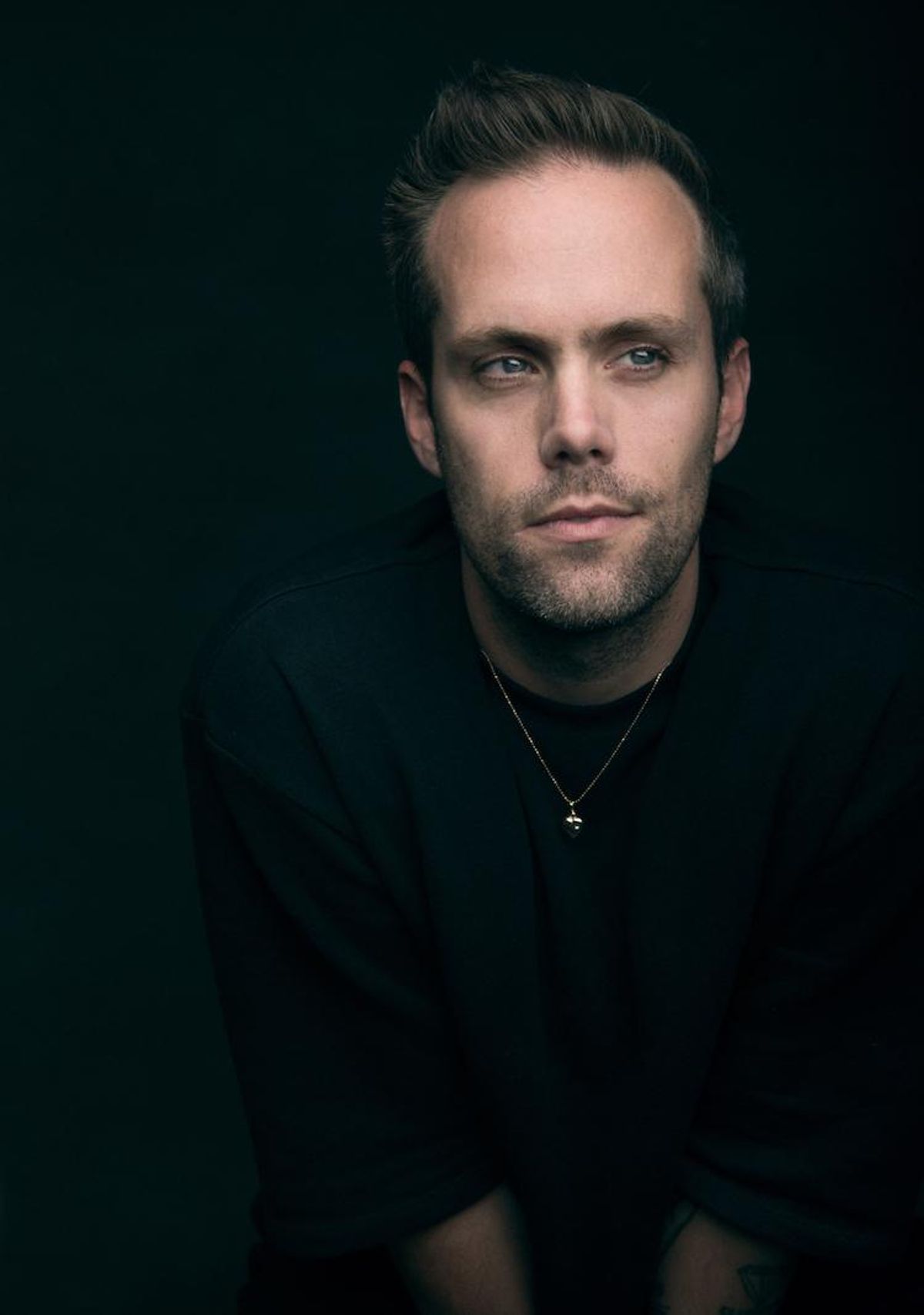


















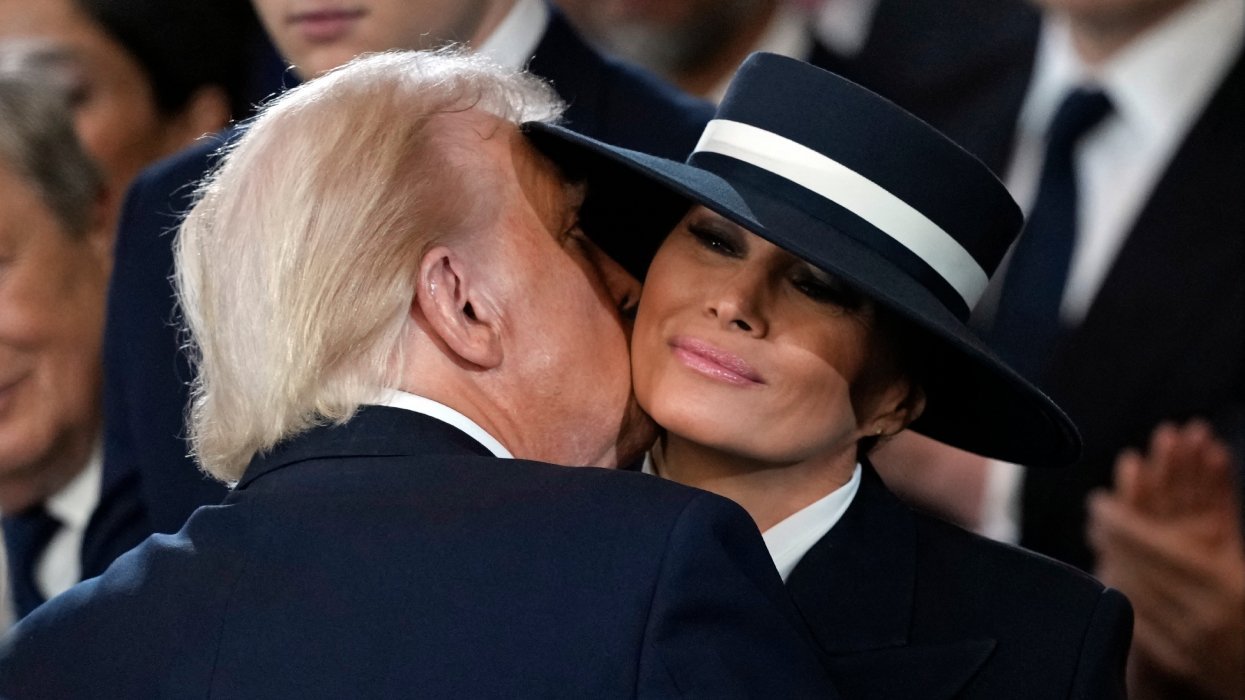


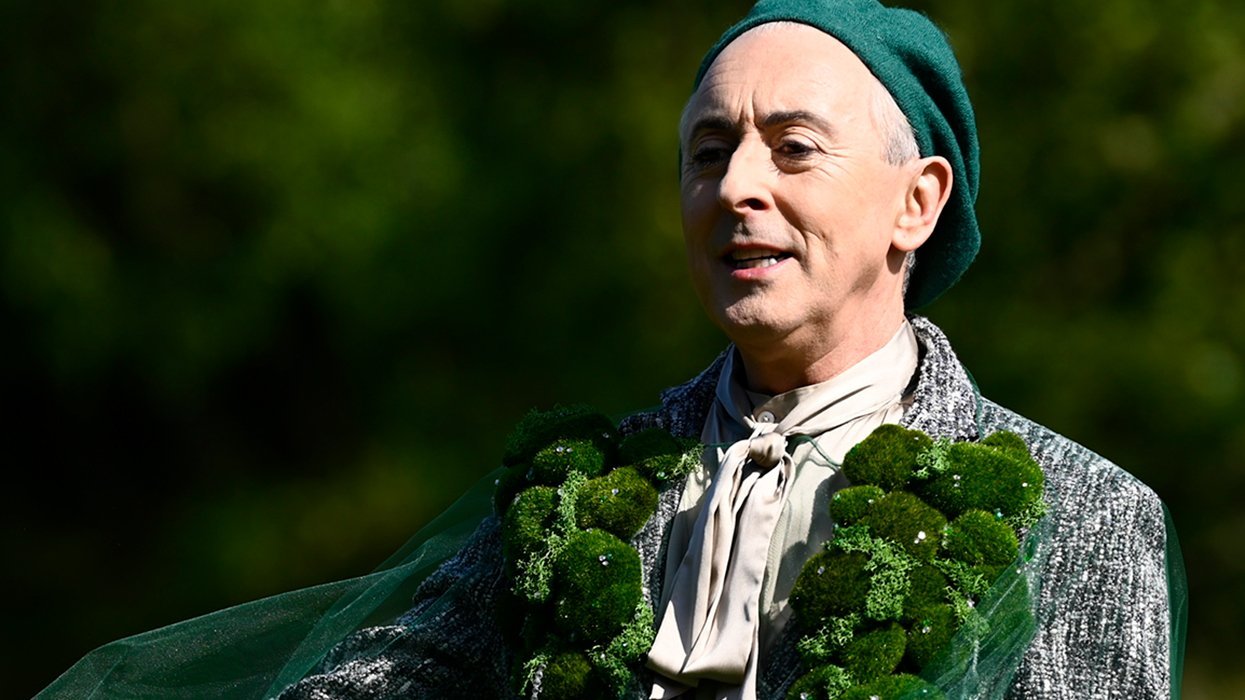
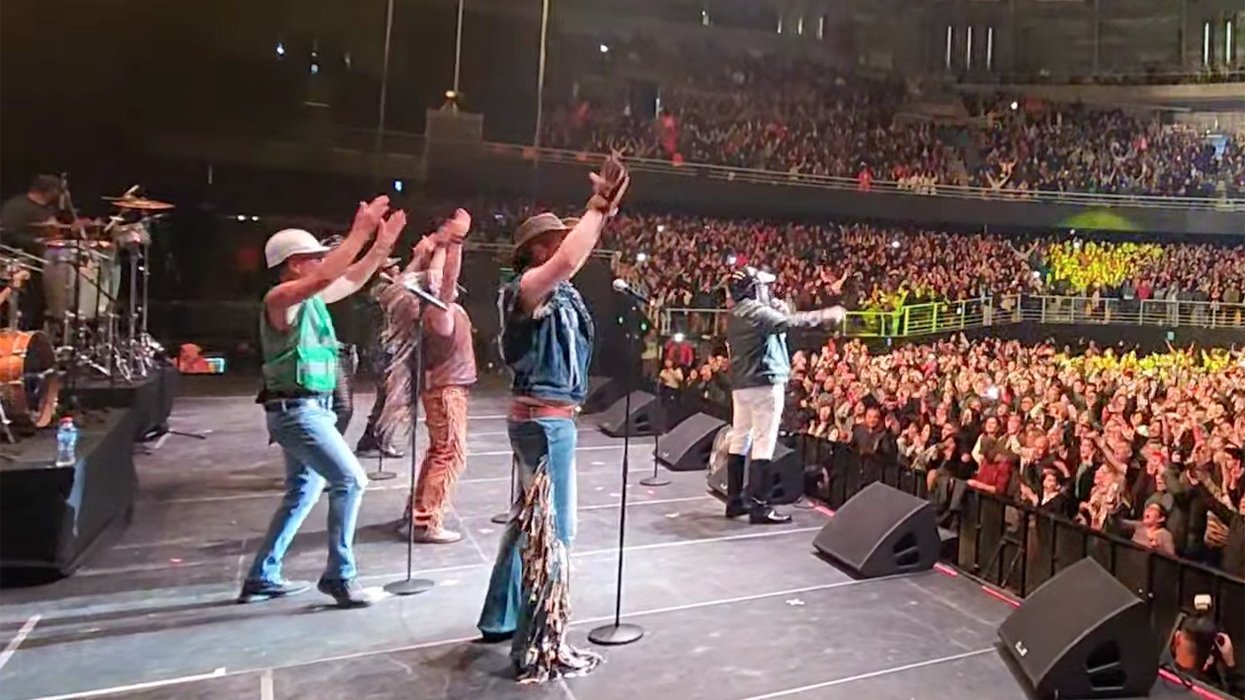
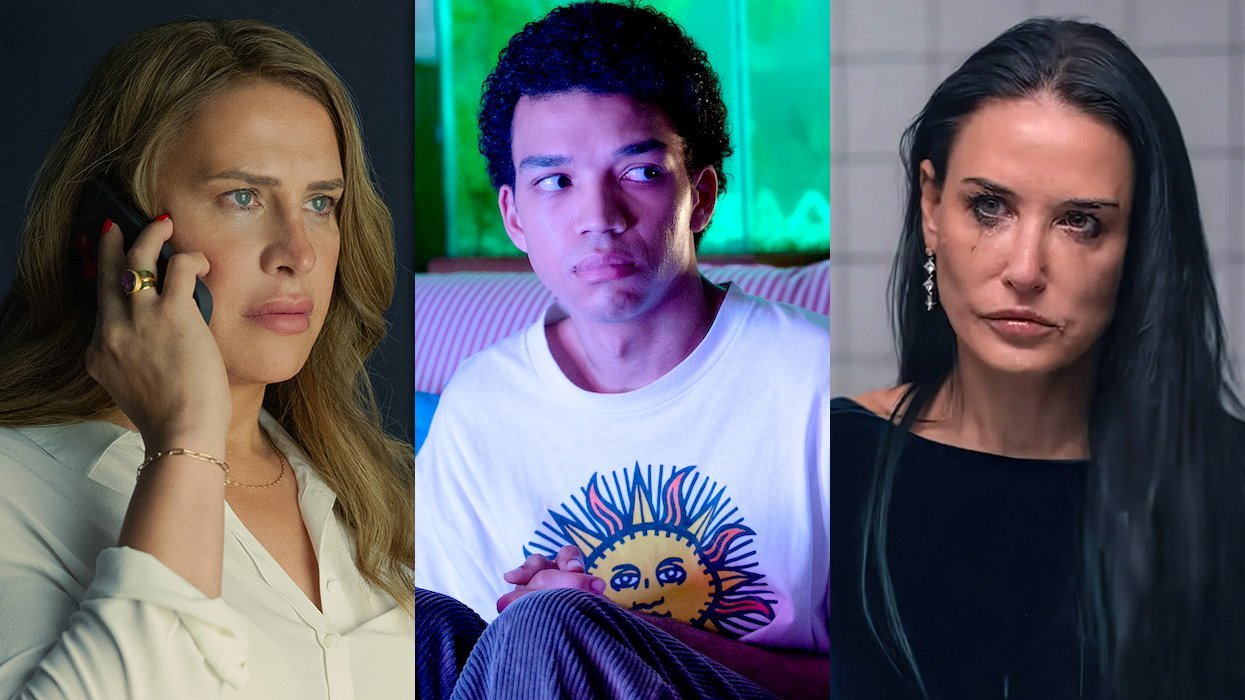
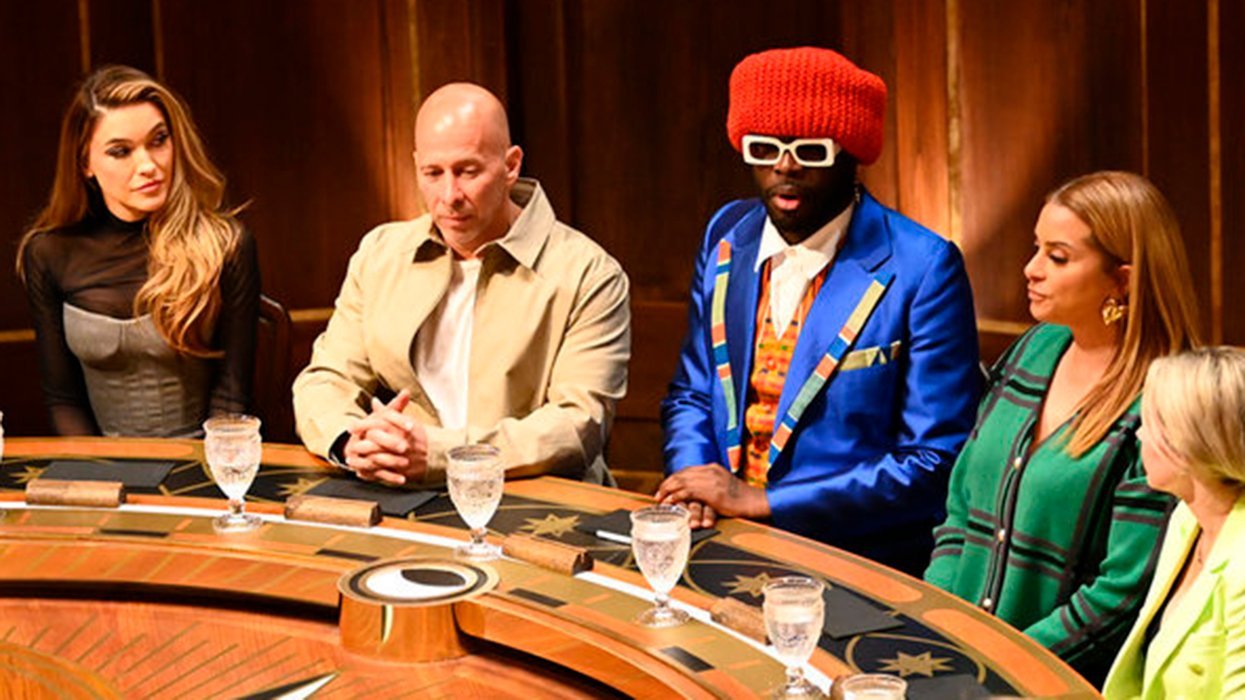
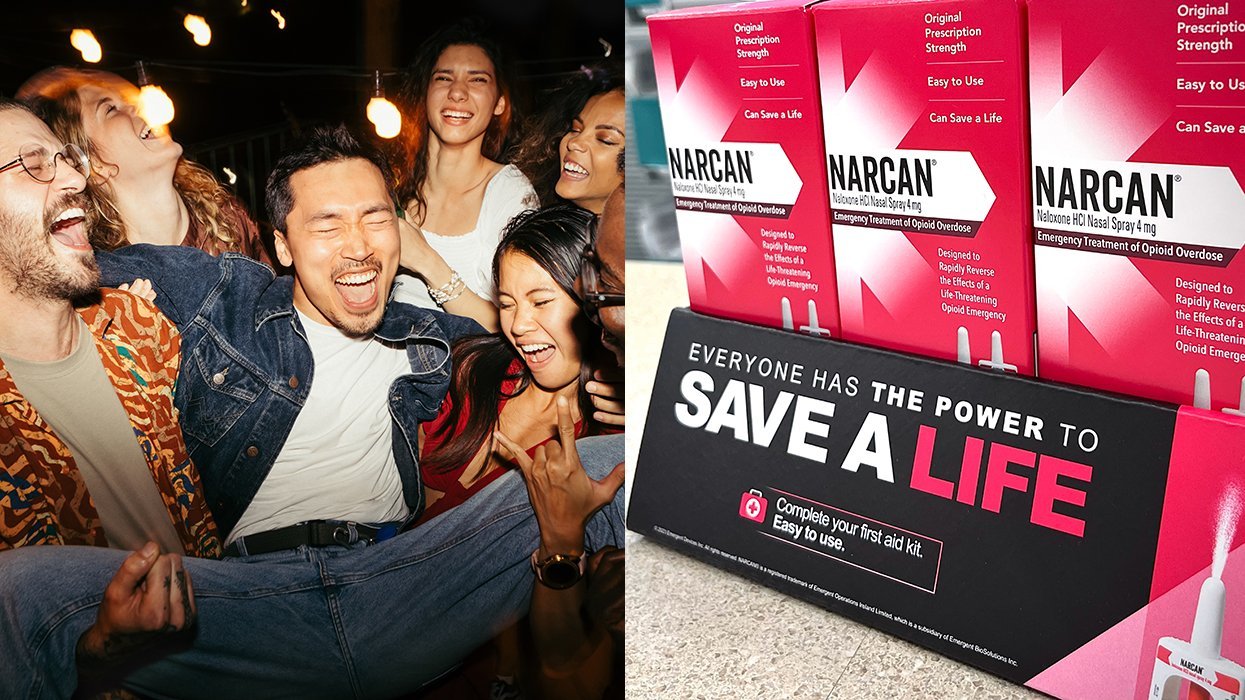
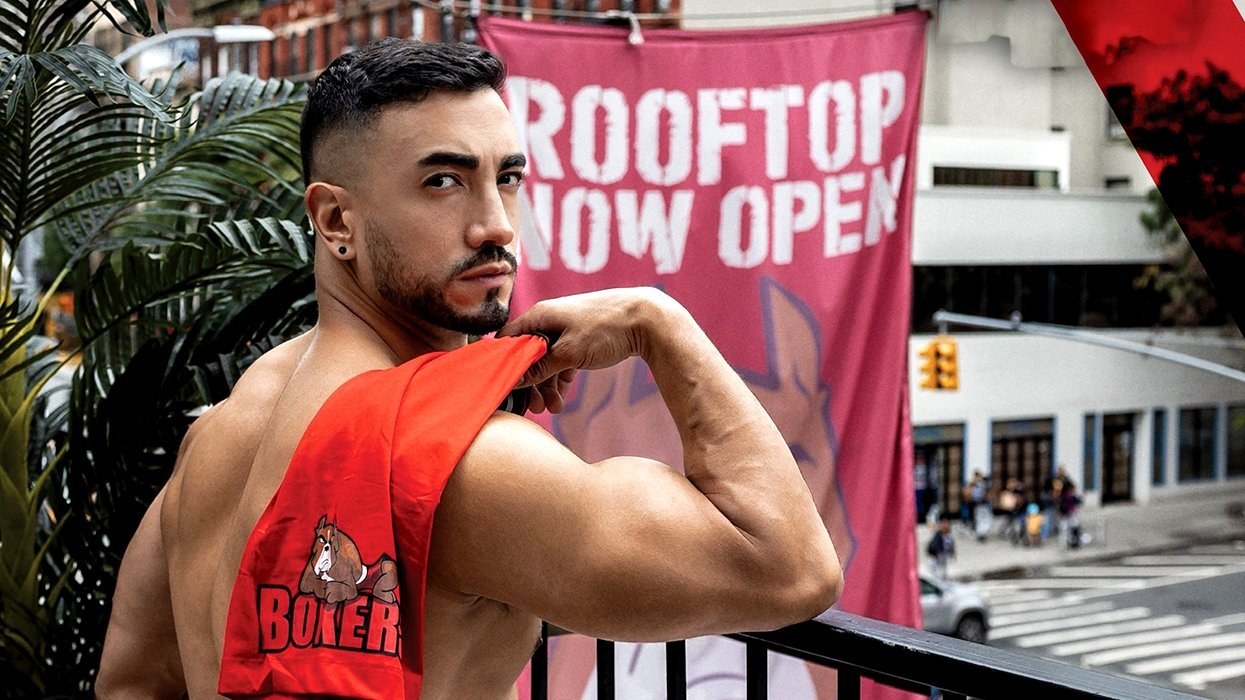
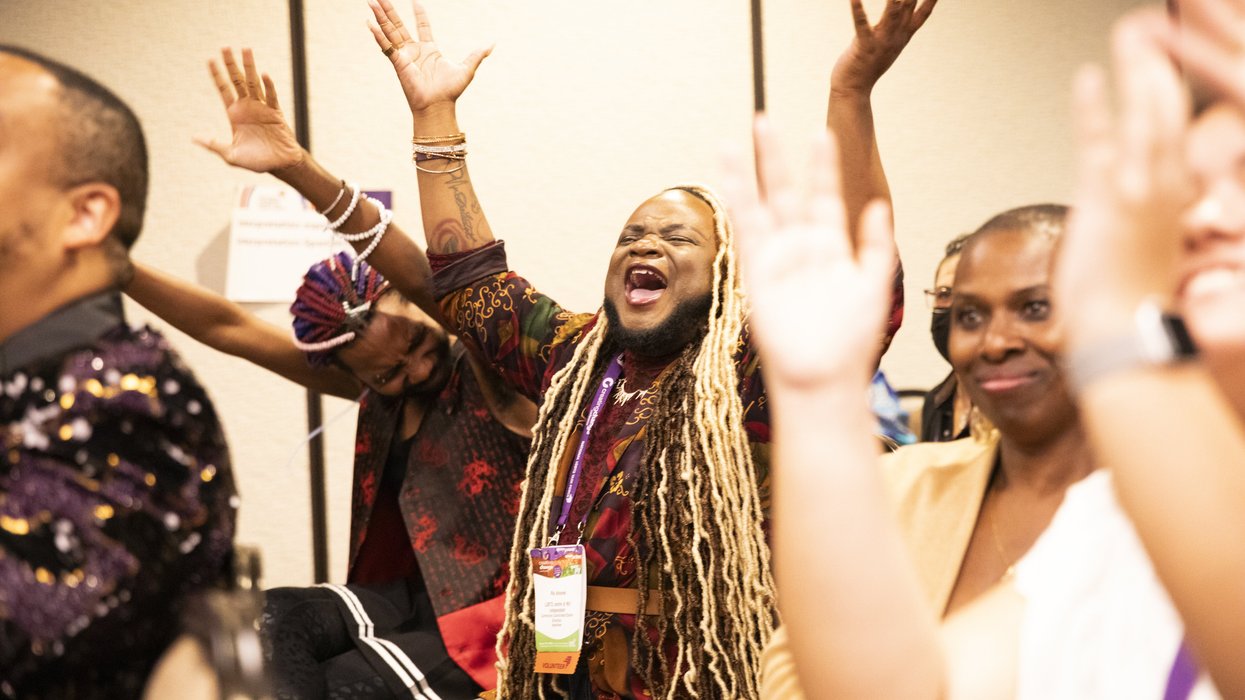
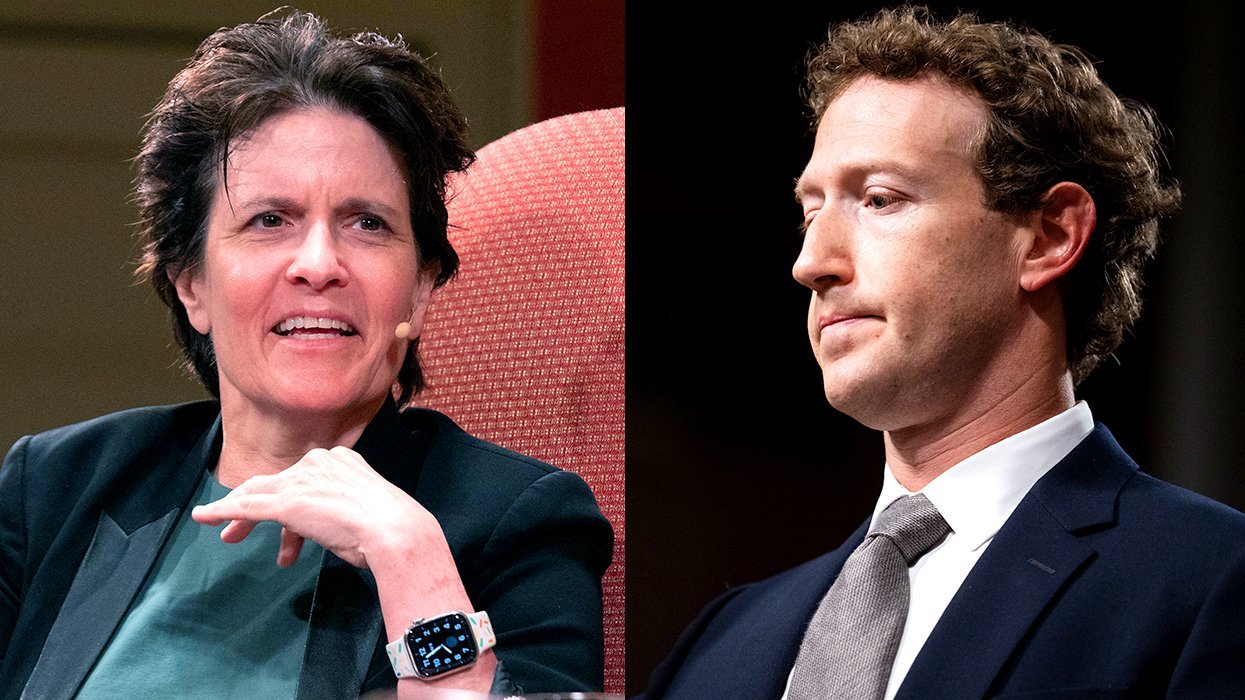
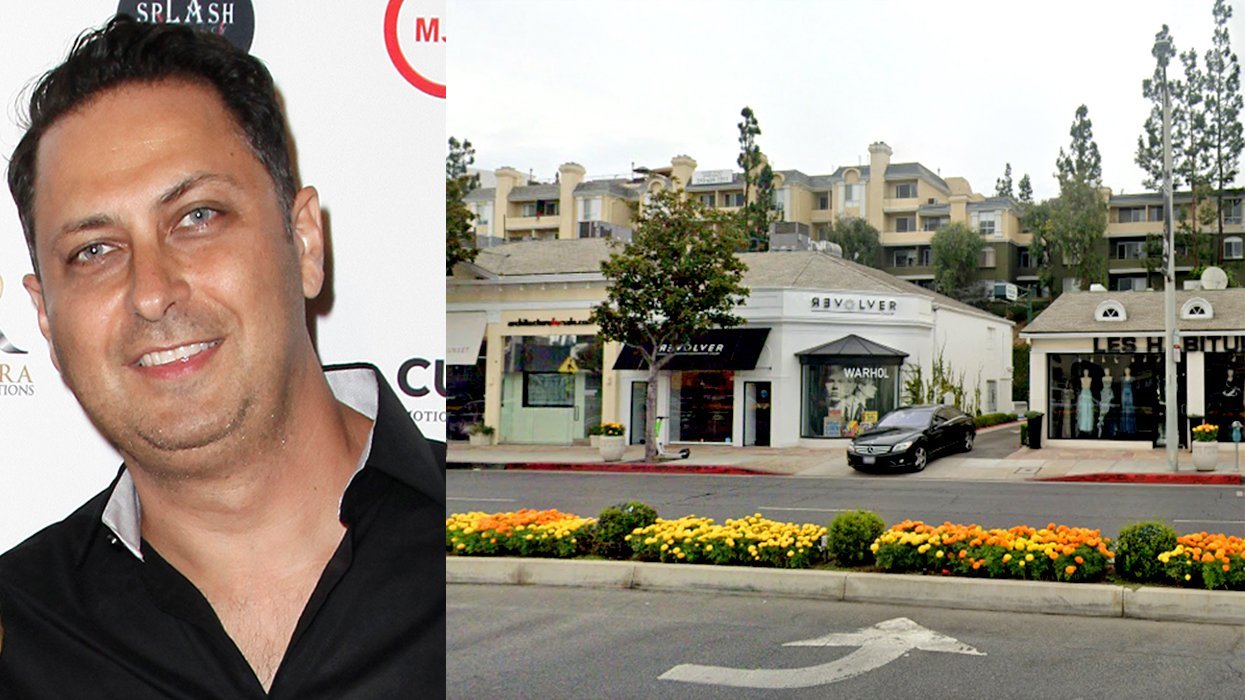
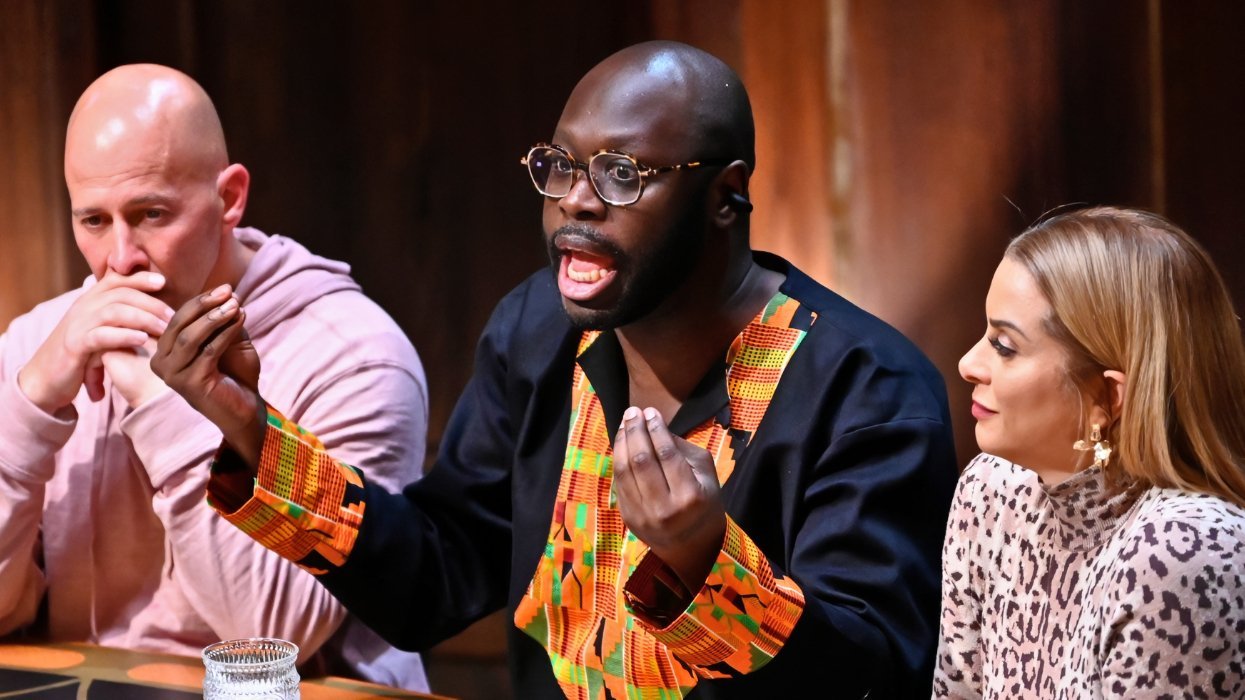
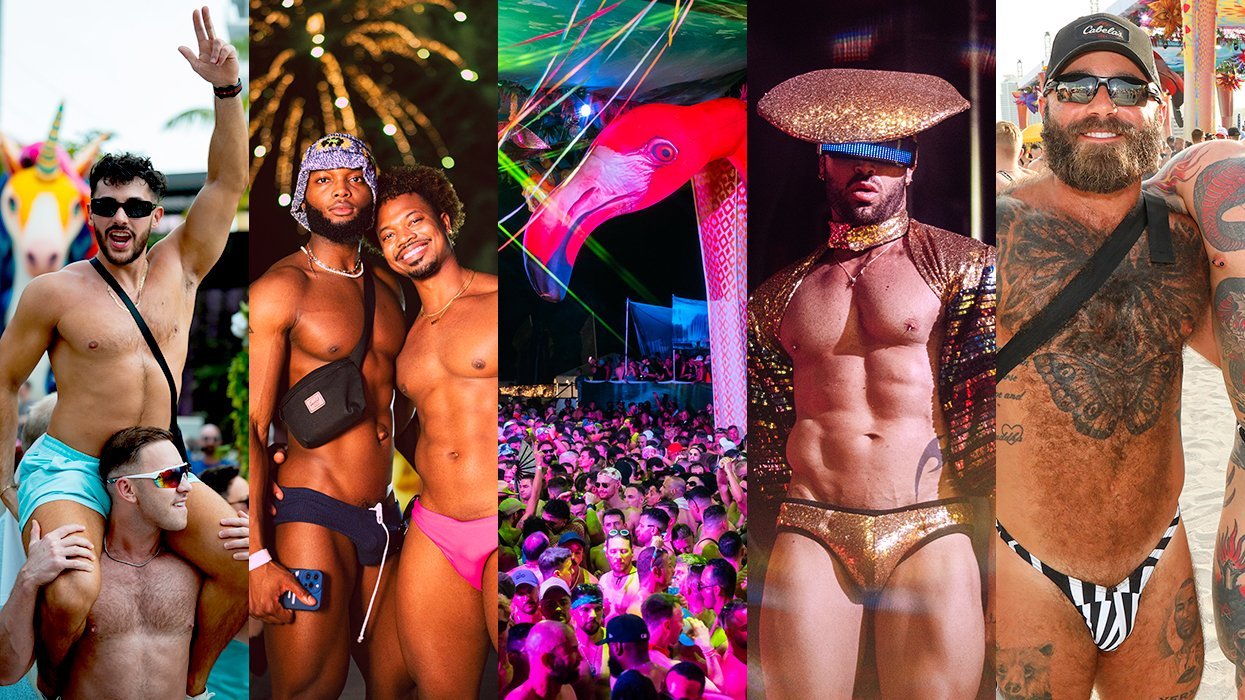

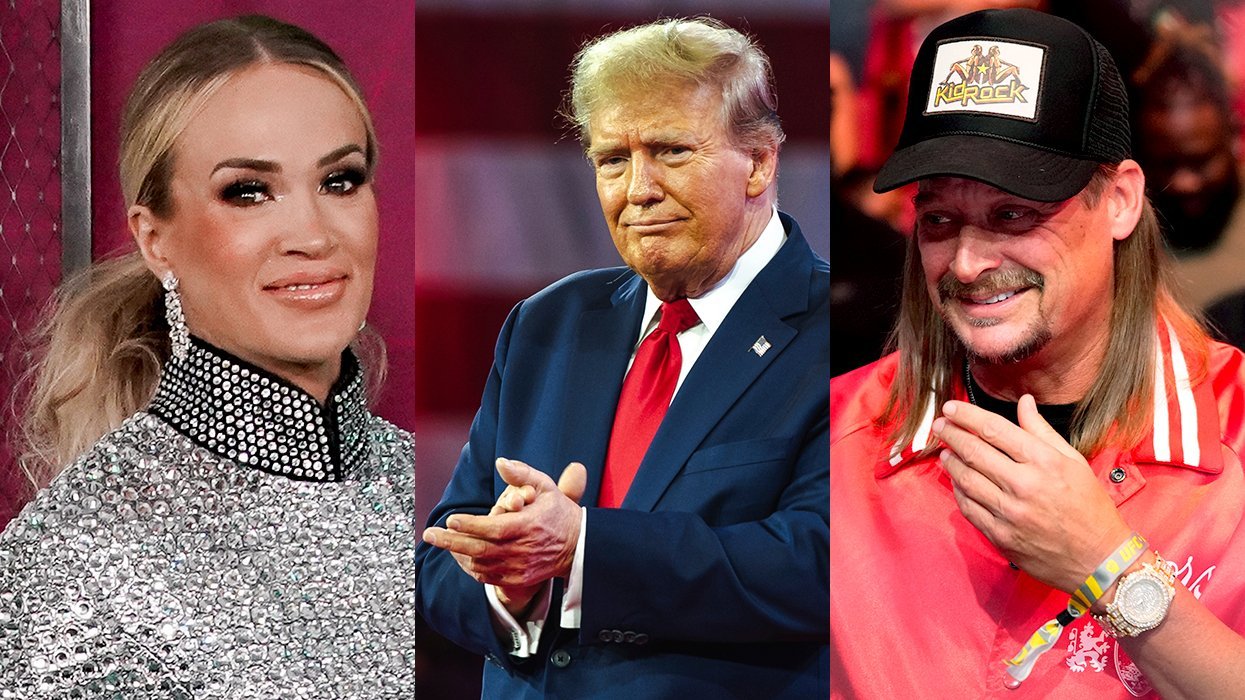
















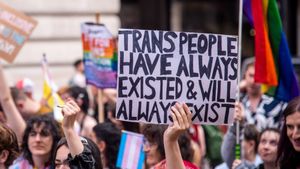

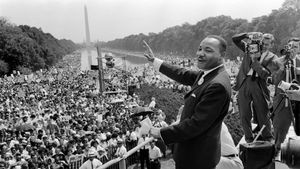




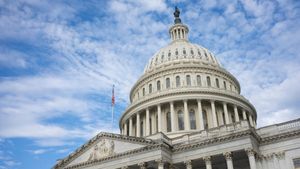













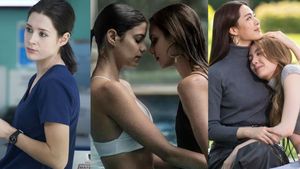

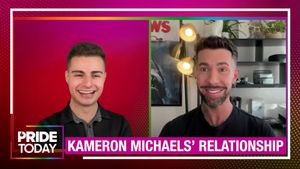









Beware of the Straightors: 'The Traitors' bros vs. the women and gays